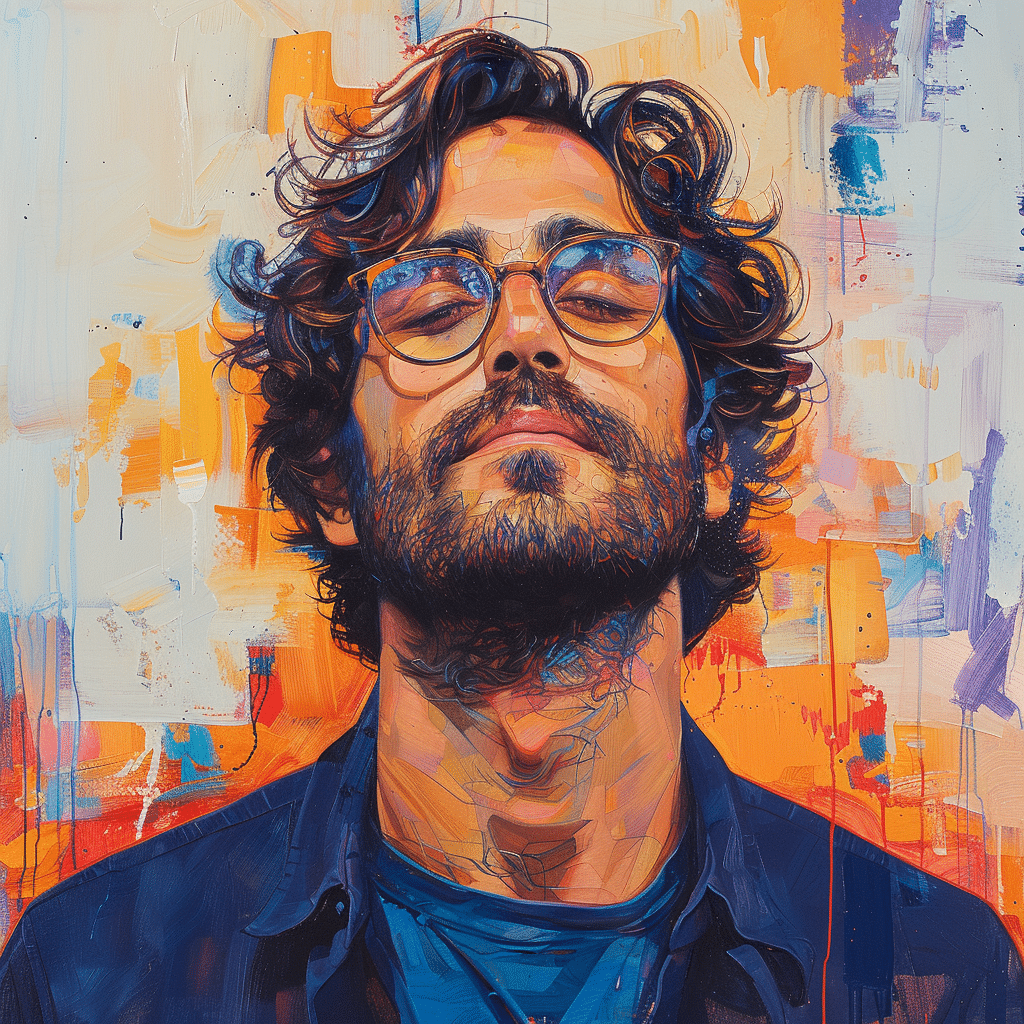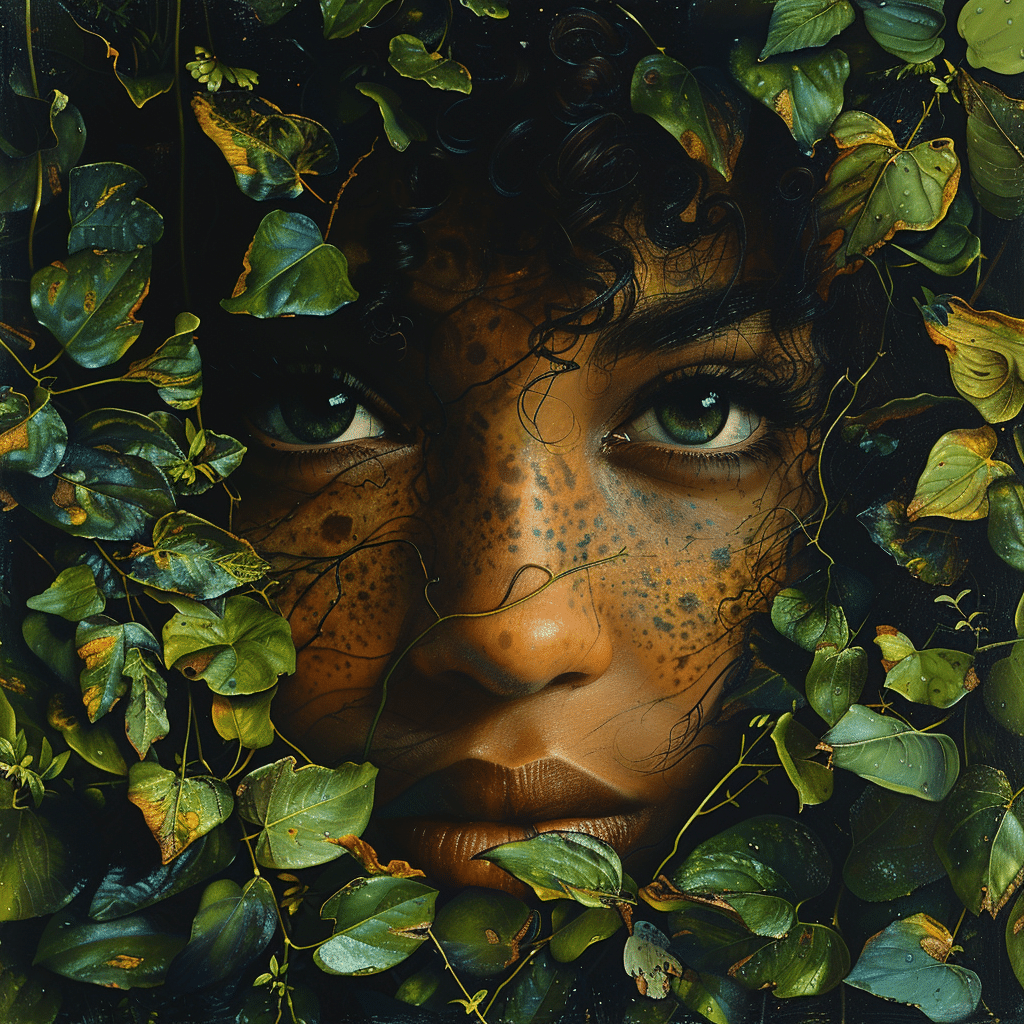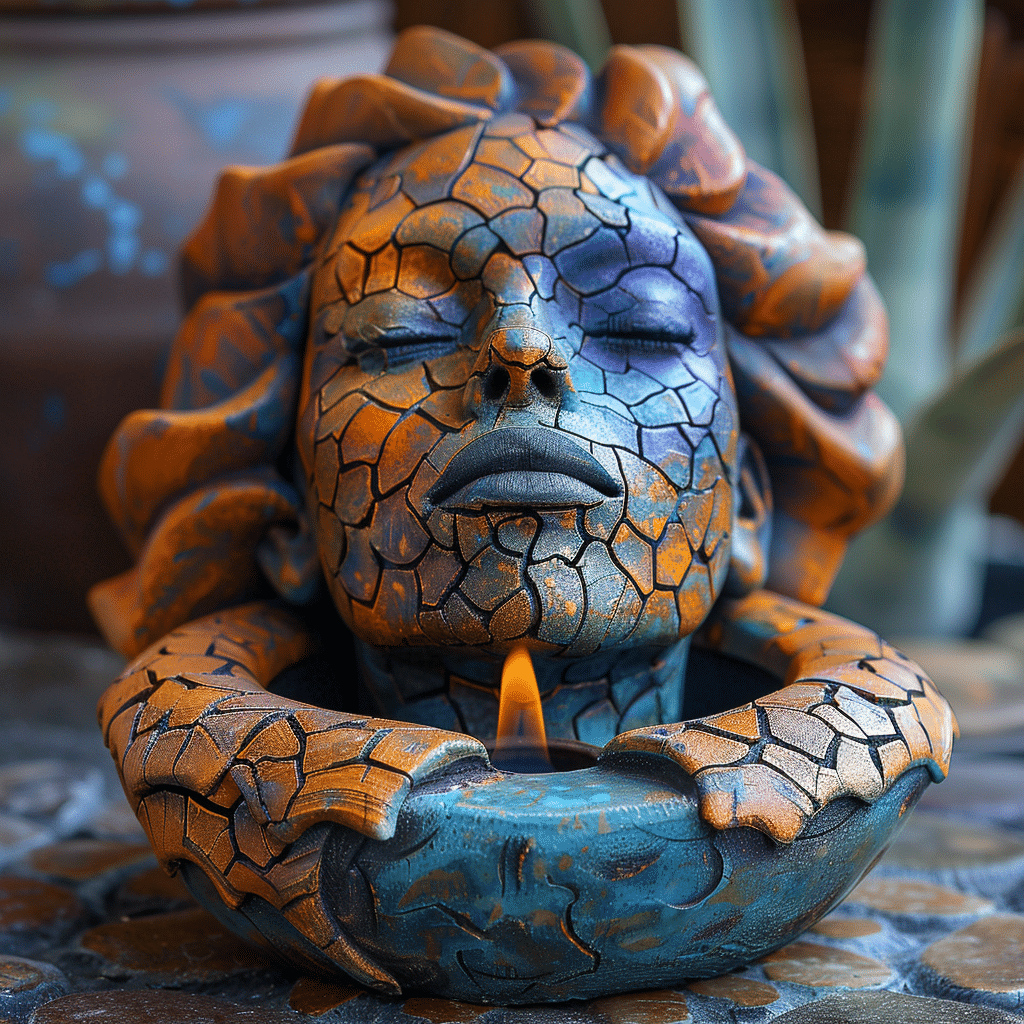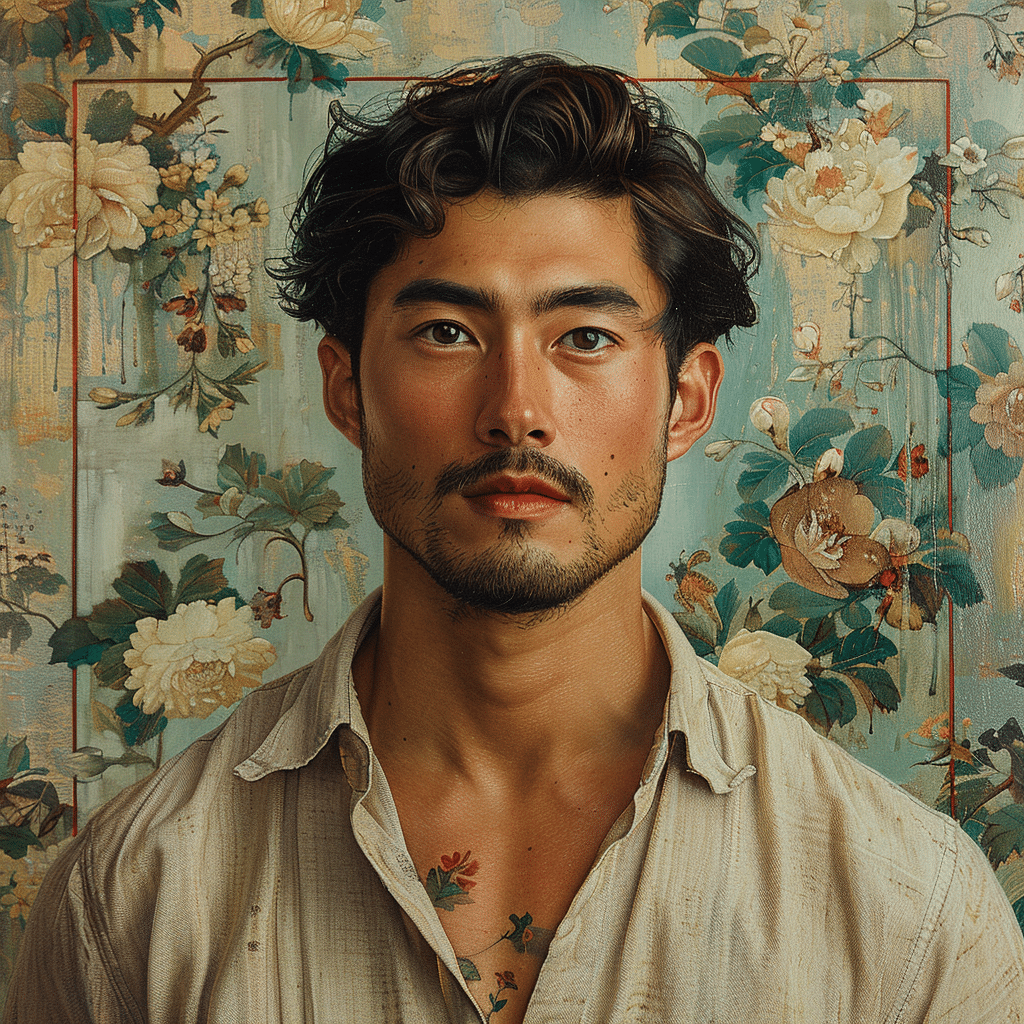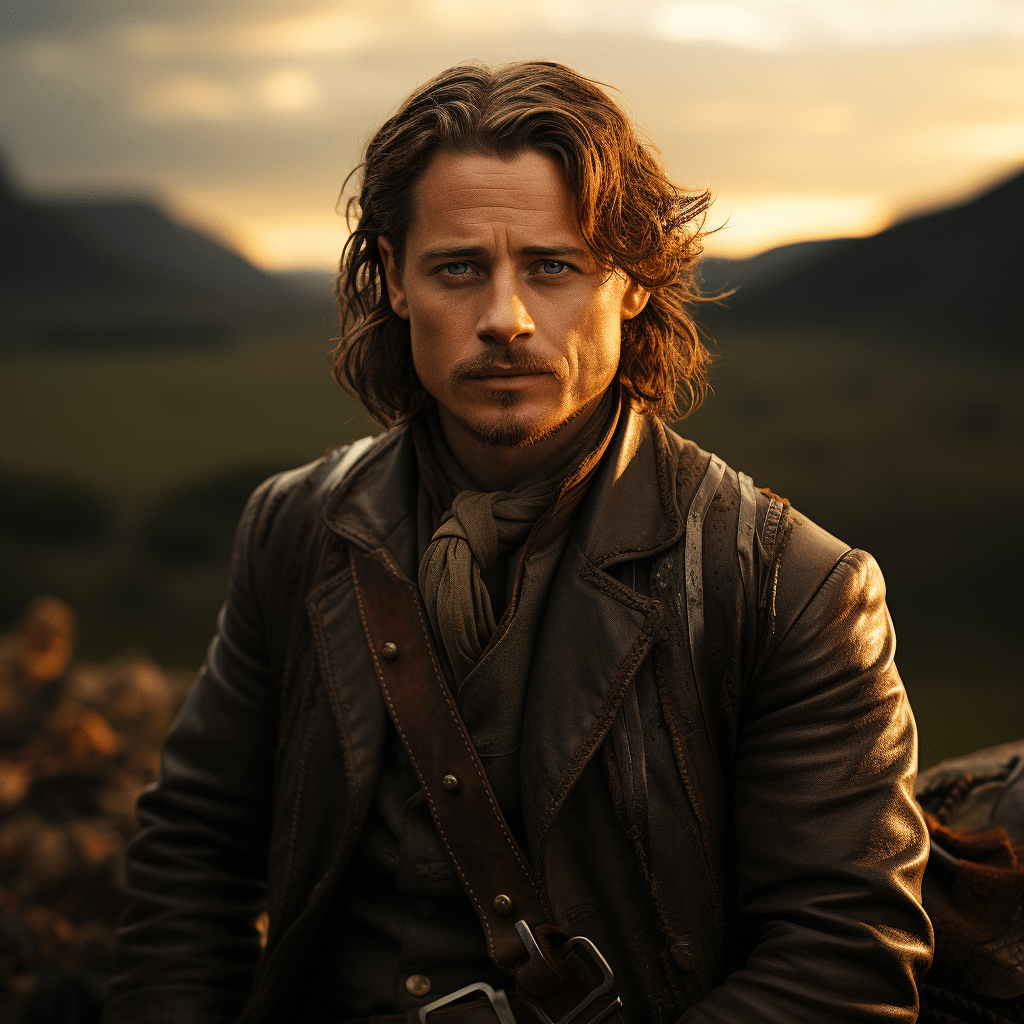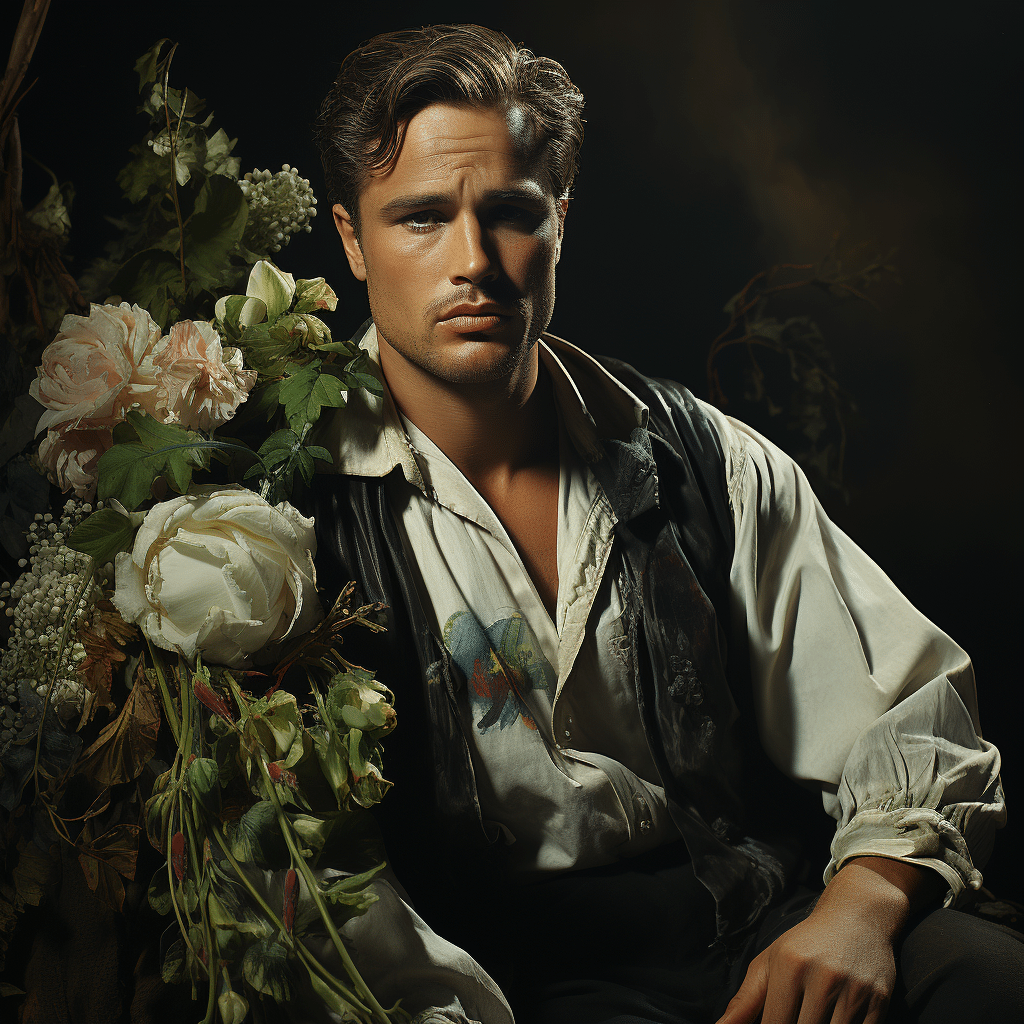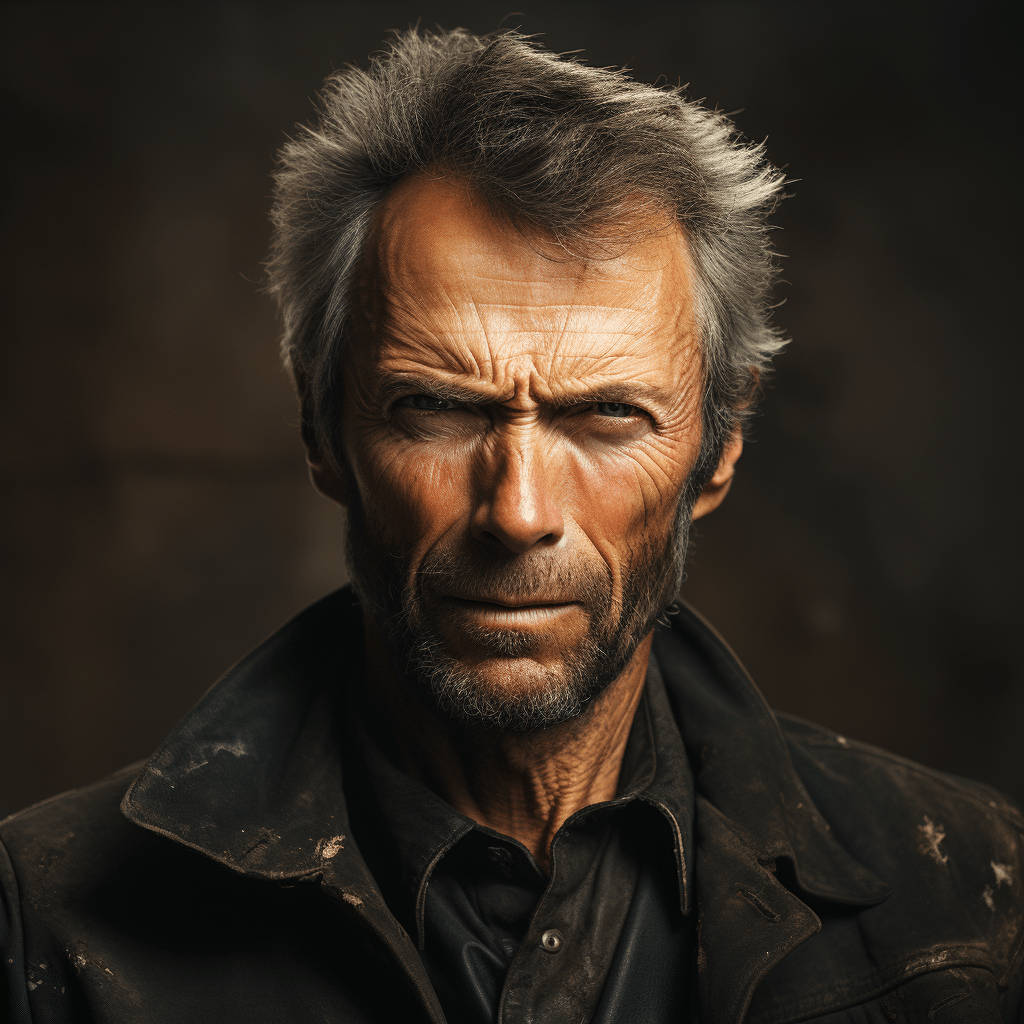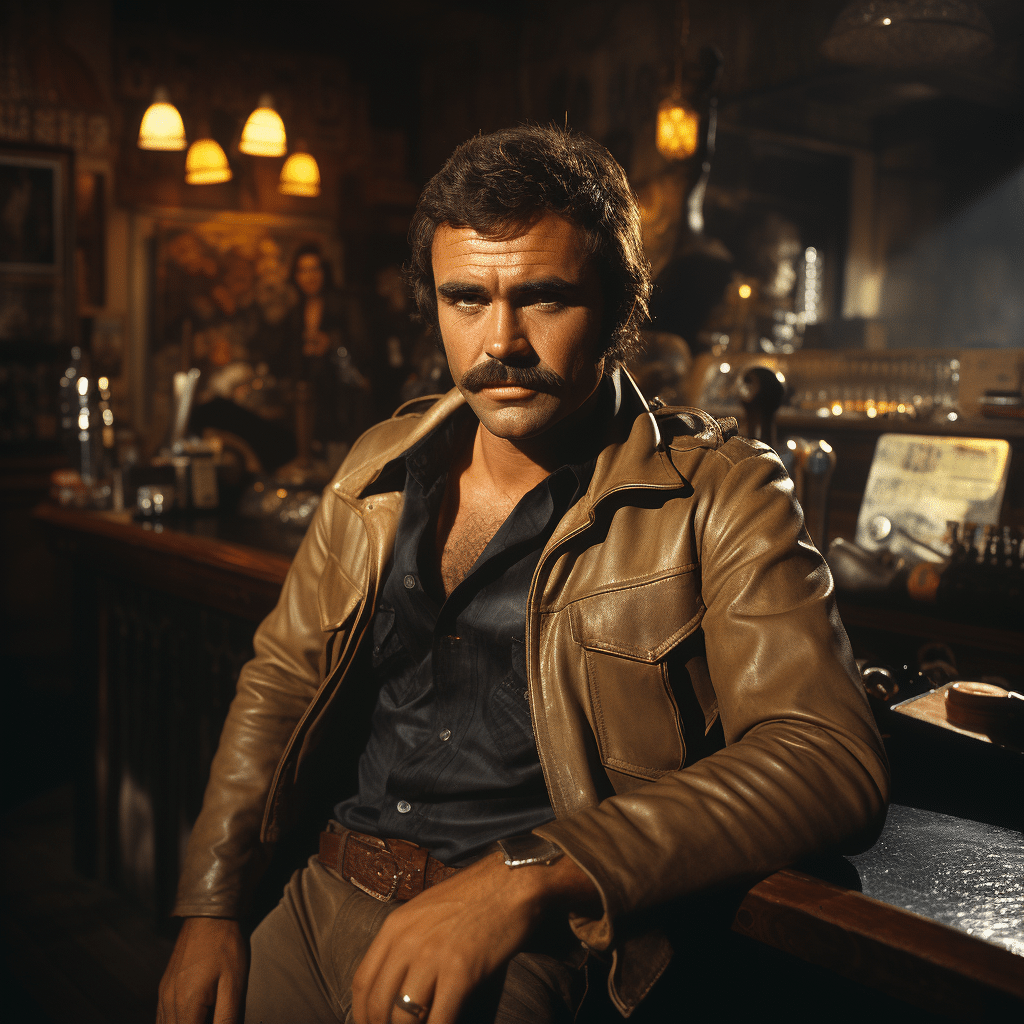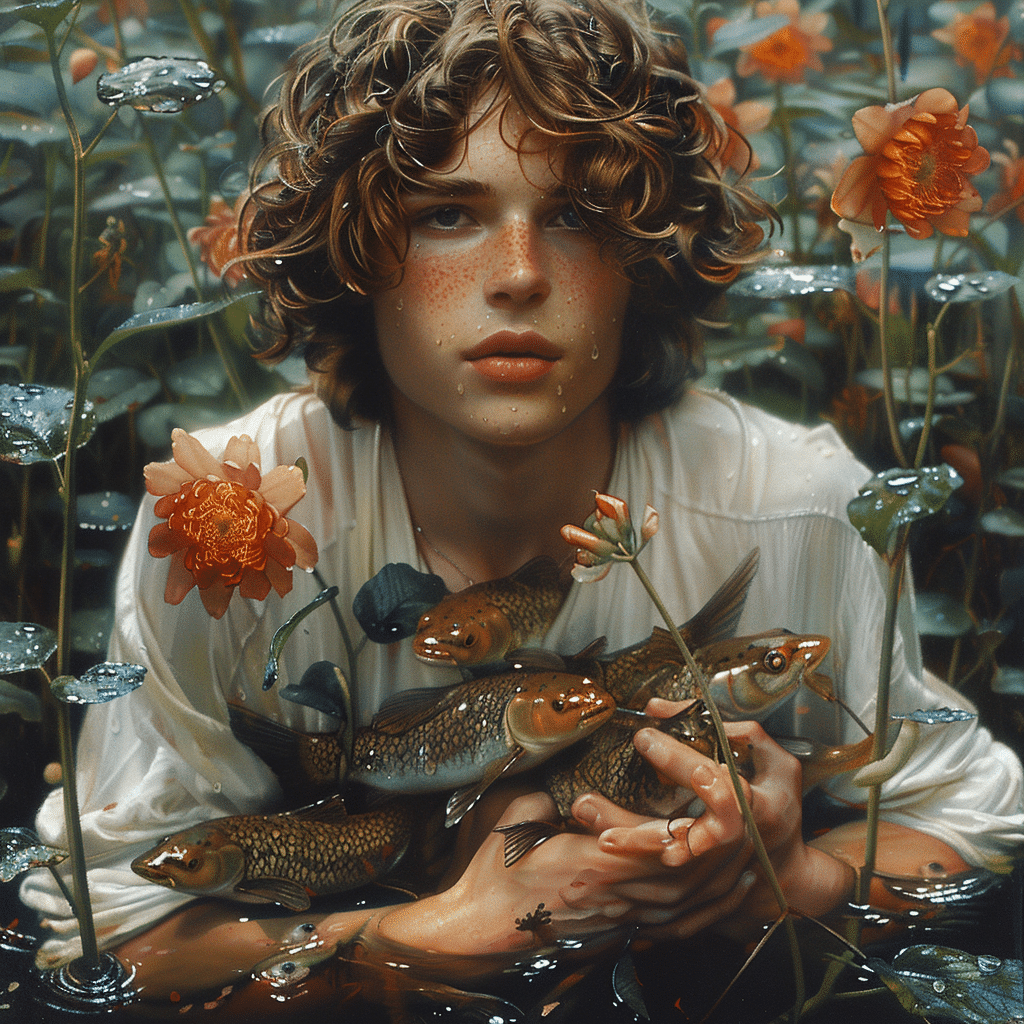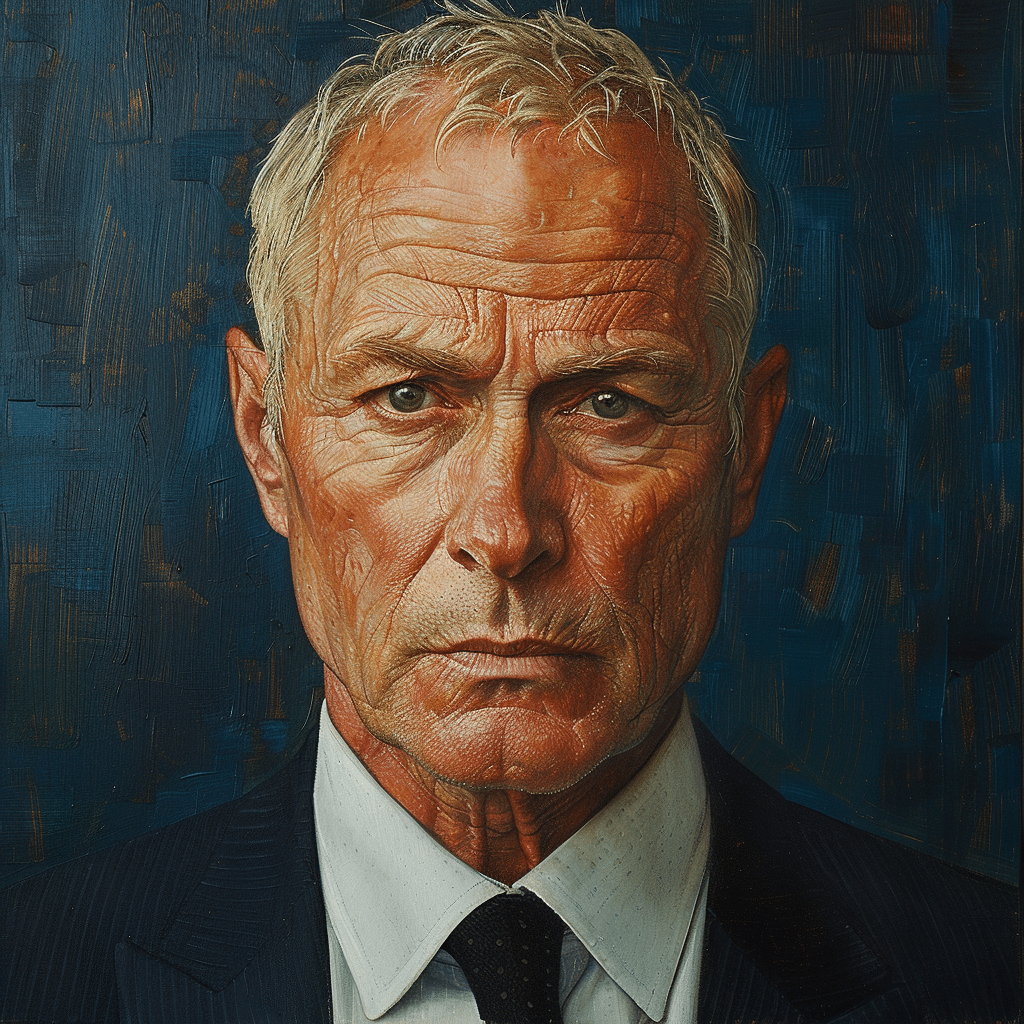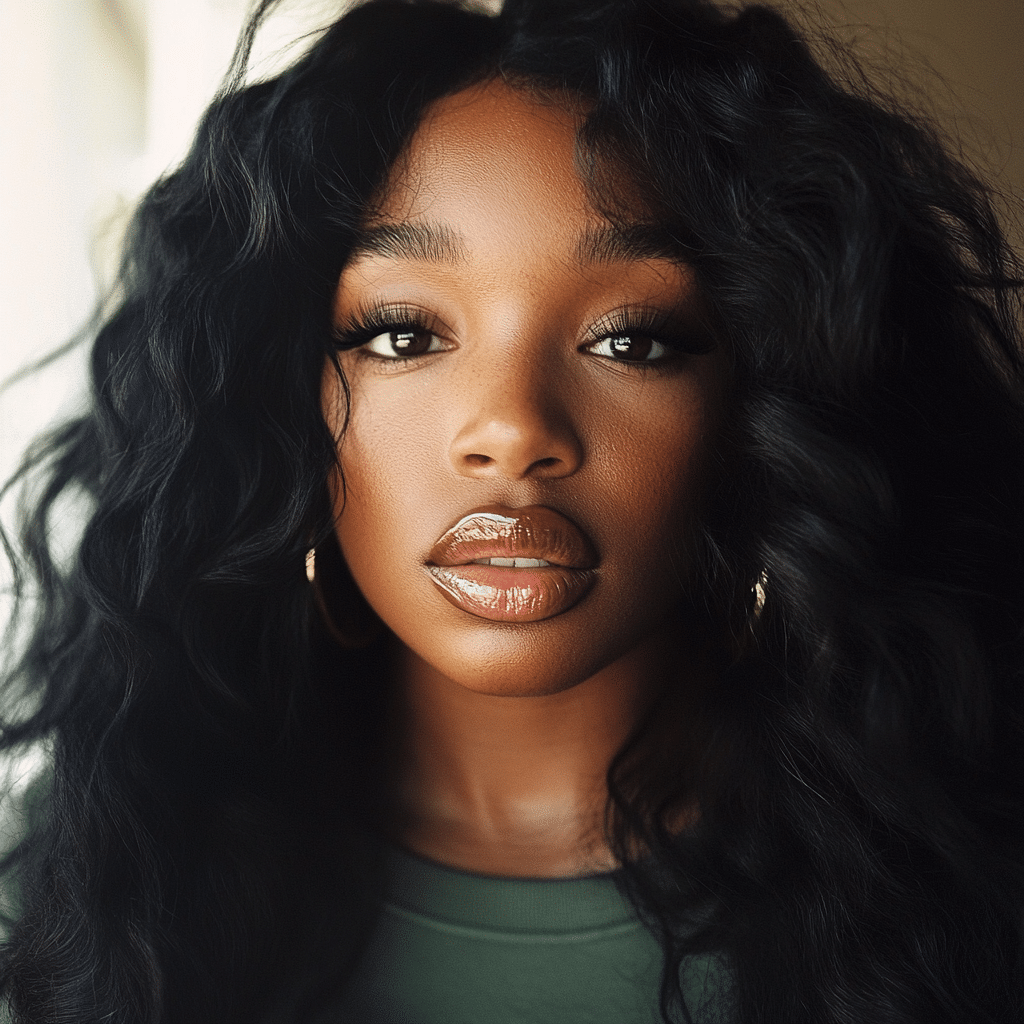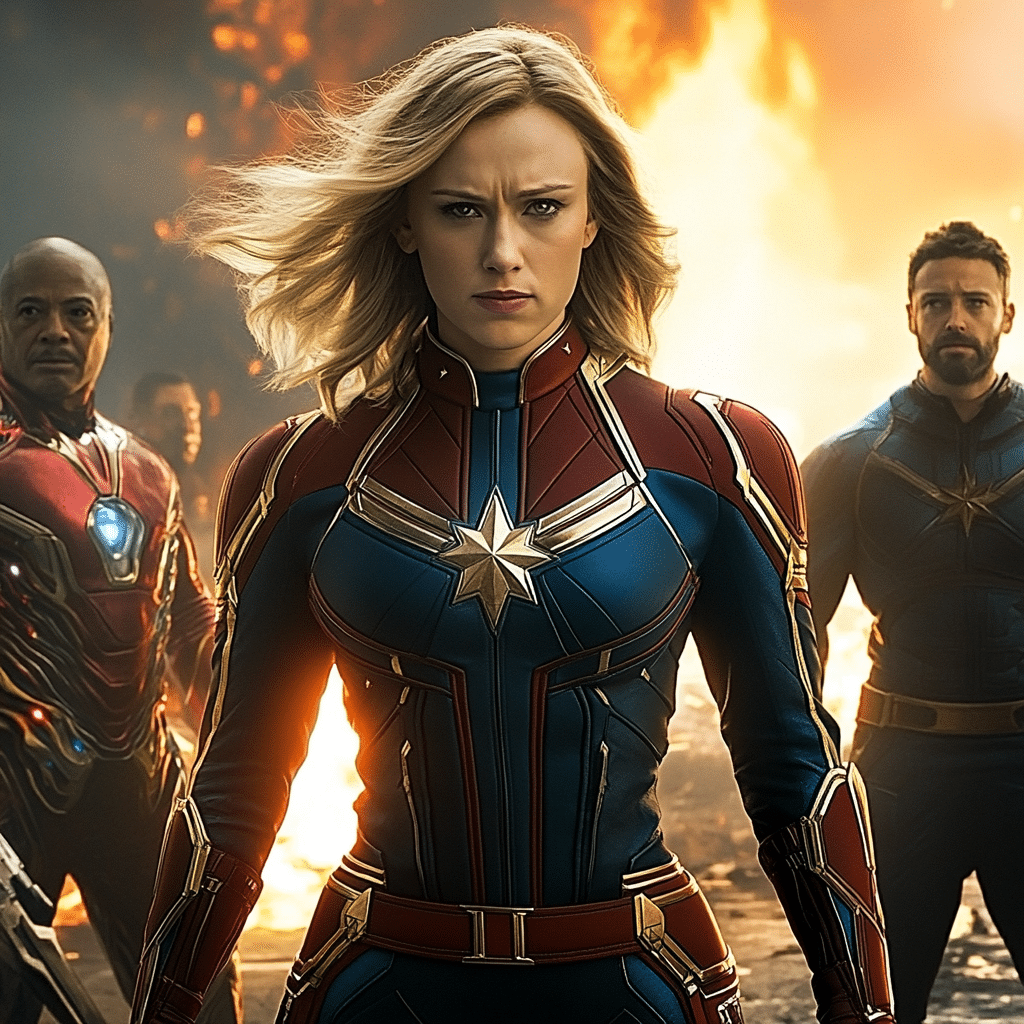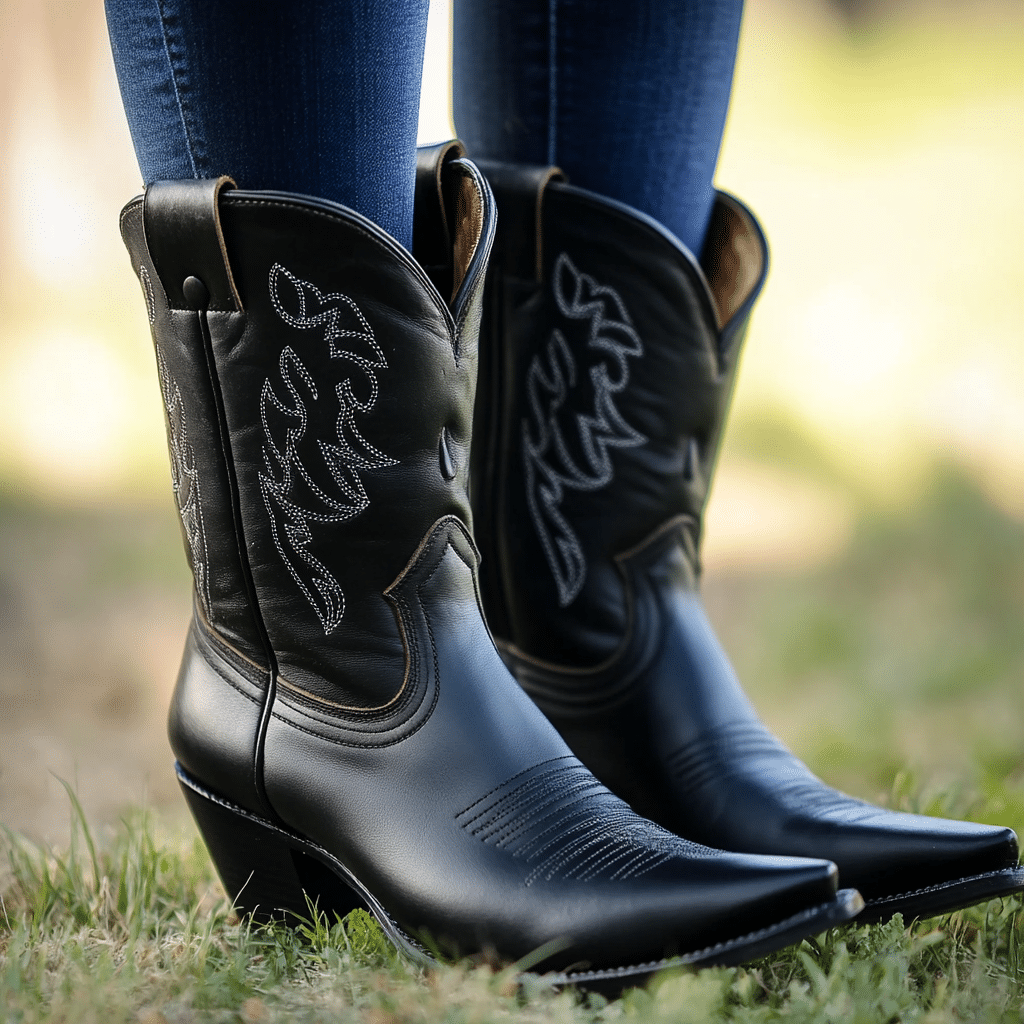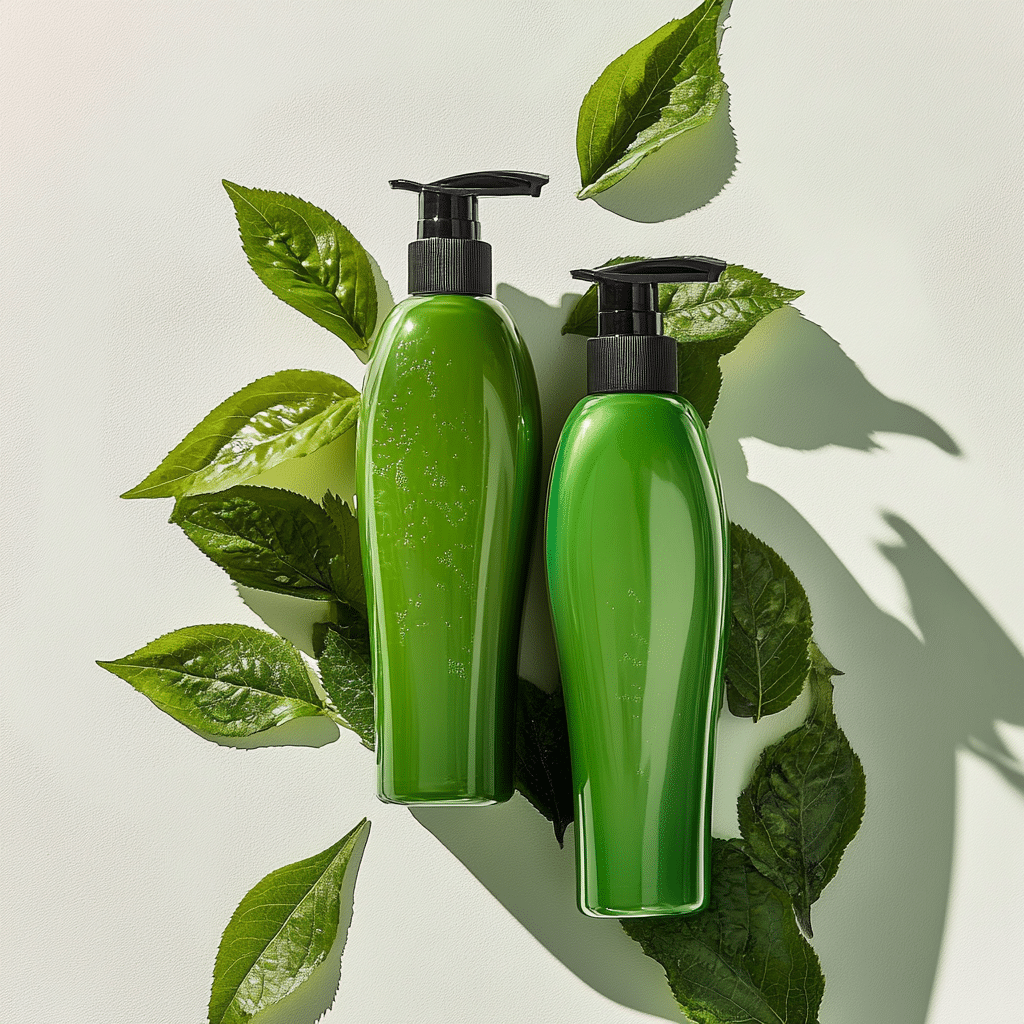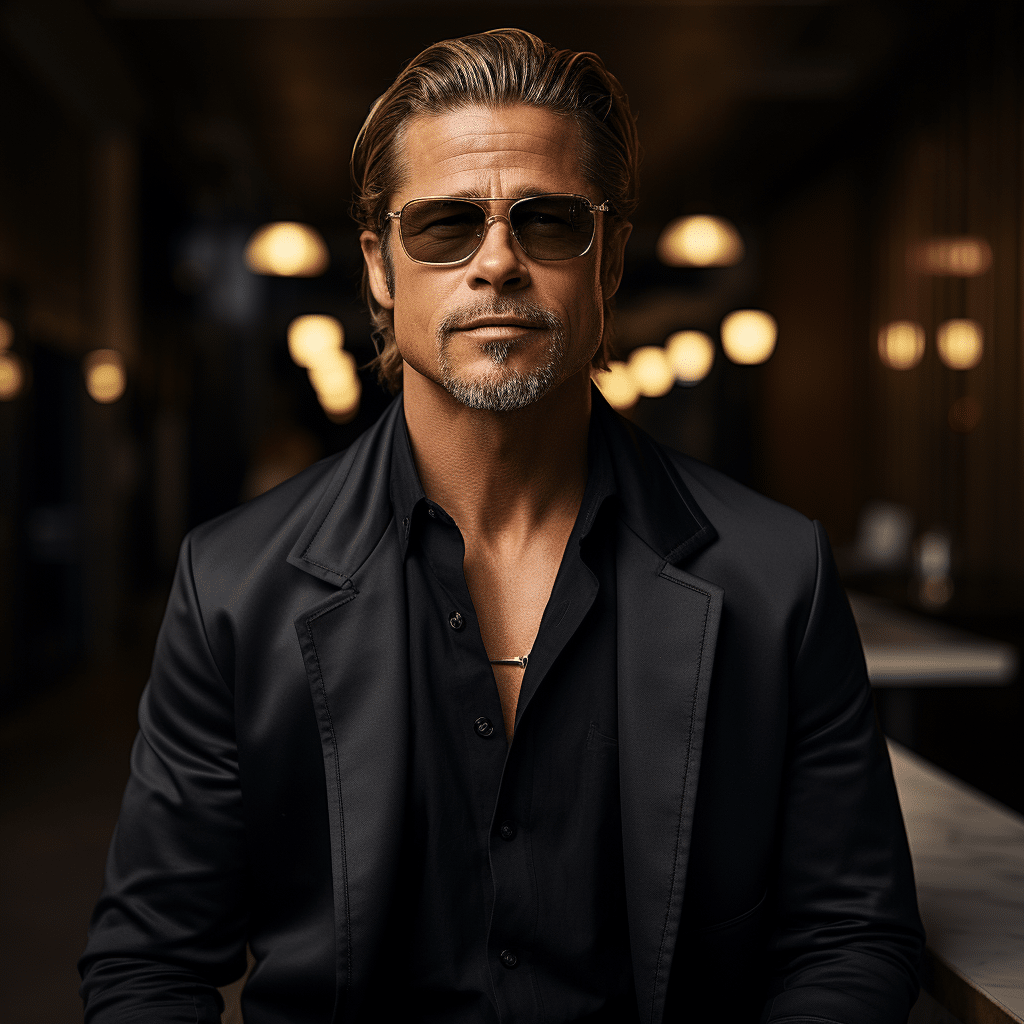Black movies have journeyed from the fringes to the core of cinematic excellence, crafting a unique tapestry of narrative heritage that speaks volumes about the black experience. These movies are not just entertainment; they serve as cultural mirrors, political statements, and catalysts for change. From the pioneering early works to the blockbusters of today, black cinema has forged a path of resilience, creativity, and cultural celebration. Gear up, fellas, as we chronicle the evolution and undeniable impact of black movies on the silver screen and beyond. After all, just like a perfectly aged box wine or rocking a canadian tuxedo, these movies are a statement of taste, culture, and unapologetic swagger.
The Evolution and Impact of Black Movies in Cinema
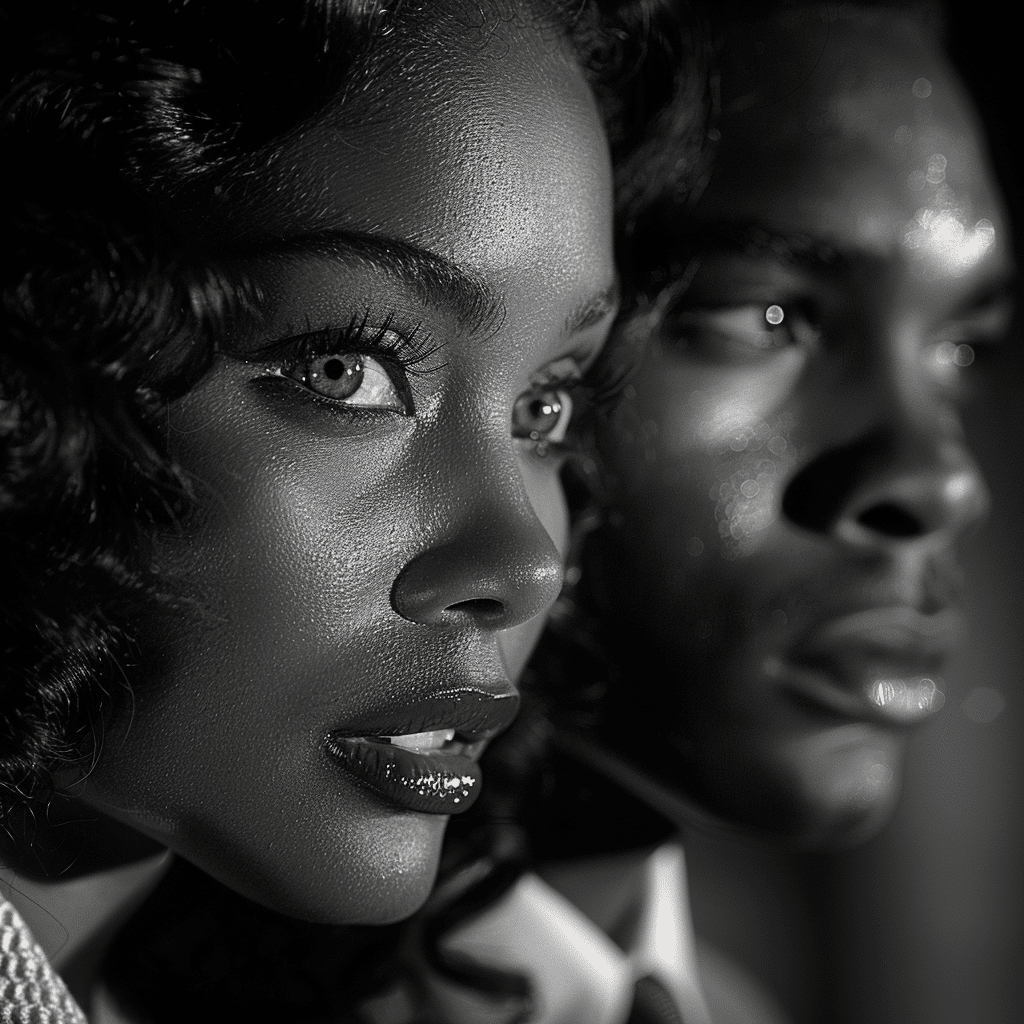
The Rise of Black Cinema: Origins and Pioneers
Oh, the early days! Grab a snug seat and imagine a world where black faces on screen were a game-changing marvel. The trailblazers, like the formidable Oscar Micheaux and his groundbreaking 1919 movie “The Homesteader,” marked the beginning of what we know as black cinema. It wasn’t just about filling the screen with black actors; it was about seizing the reins of storytelling, shining a light on the black narrative.
These films did more than entertain. They challenged stereotypes, questioned the status quo, and showed the world the black experience through an unfiltered lens. Think of it as swiping left on mainstream media’s misconceptions, bringing forth authenticity in an era shadowed by racial prejudice.
Historical feats, like the beauty of black renaissance cinema, highlighted the tenacity of black filmmakers who doubled as writers, directors, and producers because, let’s face it, necessity is the mother of invention, or in this case, the mother of filmmaking mastery.
| Title | Year Released | Director | Leading Actors/Actresses | Notable Achievements | Relevance to Black Cinema |
|---|---|---|---|---|---|
| The Homesteader | 1919 | Oscar Micheaux | Evelyn Preer, Charles D. Lucas, Iris Hall | -First feature-length film with an all-black cast. -Established Oscar Micheaux as a seminal figure in black cinema. |
Pioneered black participation in all facets of film production and set a precedent for future black filmmakers. |
| Within Our Gates | 1920 | Oscar Micheaux | Evelyn Preer, Flo Clements, James D. Ruffin | -One of the earliest surviving films made by a black director. -Addresses issues of race and racism. |
Highlighted the talents of black actors and creatives during a time of significant racial division and underrepresentation in Hollywood. |
| Do The Right Thing | 1989 | Spike Lee | Danny Aiello, Ossie Davis, Ruby Dee, Spike Lee | -Nominated for 2 Academy Awards. -Selected for preservation in the National Film Registry by the Library of Congress. |
This film brought to the forefront the complexities of racial tension in America and became a landmark in black cinema for its authentic representation. |
| Boyz n the Hood | 1991 | John Singleton | Cuba Gooding Jr., Ice Cube, Laurence Fishburne | -John Singleton nominated for Best Director at the Academy Awards, making him the youngest person ever nominated for the award. -Selected for preservation in the National Film Registry. |
A cultural touchstone that brought the realities of inner-city life to mainstream cinema and showcased black talent. |
| Malcolm X | 1992 | Spike Lee | Denzel Washington, Angela Bassett, Delroy Lindo | -Denzel Washington received an Academy Award nomination for Best Actor. -Considered an important biographical and historical film. |
Anchored by Denzel’s powerful performance, the film provided a cinematic exploration of a pivotal figure in black history. |
| Black Panther | 2018 | Ryan Coogler | Chadwick Boseman, Michael B. Jordan, Lupita Nyong’o | -3 Academy Awards wins. -Grossed over $1.3 billion worldwide. |
Symbolized a cultural milestone for having a predominantly black cast and crew and showcasing black excellence in a major blockbuster film. |
| Get Out | 2017 | Jordan Peele | Daniel Kaluuya, Allison Williams, Lil Rel Howery | -Won Academy Award for Best Original Screenplay. -Grossed $255 million worldwide. |
A defining film in the horror genre that also serves as a profound commentary on race relations in America. |
| 12 Years a Slave | 2013 | Steve McQueen | Chiwetel Ejiofor, Lupita Nyong’o, Michael Fassbender | -3 Academy Awards wins including Best Picture. -Lupita Nyong’o won an Academy Award for Best Supporting Actress. |
A critically acclaimed film that brought a harrowing true story of slavery in America to the forefront of mainstream media. |
The Golden Age: Blaxploitation and Mainstream Breakthroughs
Enter Blaxploitation – a genre with as much attitude as black canvas 4s on clean pavement. Films like “Shaft” and “Super Fly” offered action-packed stories with leading black heroes exuding confidence, style, and cultural flair. These movies gave a new edge to cinema – it was like pairing a bold accessory with a sharp suit, making a statement that could hardly be ignored.
Then came the seismic shift – movies like “The Color Purple” and “Coming to America” broke into mainstream splashdowns. Directors like Spike Lee didn’t just open doors; they knocked ’em off the hinges with powerful tales that both connected and challenged viewers irrespective of color.
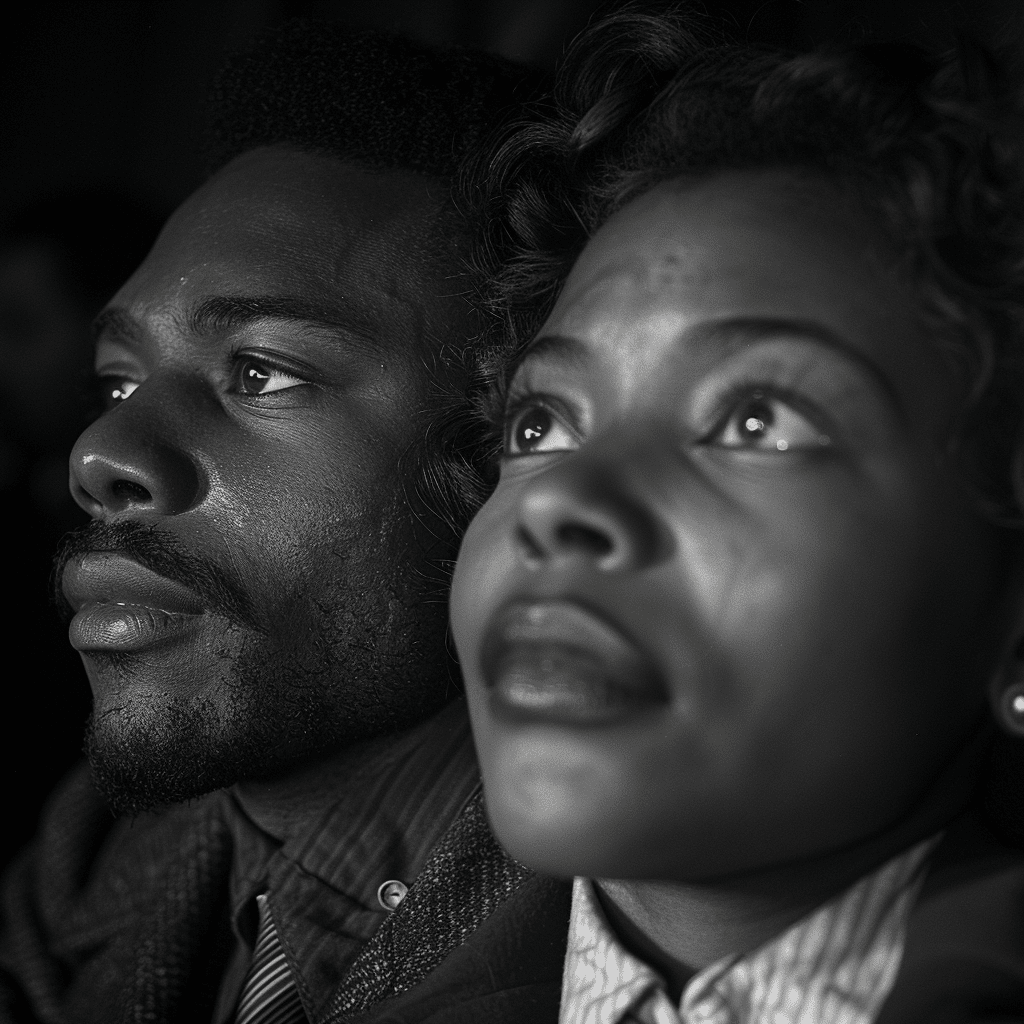
The Renaissance of Black Filmmaking
Roll the tape forward to the late ’90s and early 2000s, where black films saw a revival. One gem of that era, “Love & Basketball,” was like a perfect date night – engaging, charming, and rich in character. Meanwhile, comedies like “Friday” proved that black movies could dominate the box office and the cultural conversation.
Power players like Tyler Perry and Oprah Winfrey emerged, underlining black financiers’ roles who were unafraid to invest in narratives authentic to the black experience. They were the suit-makers in a world of off-the-rack tales, crafting custom-fit stories that resonated with audiences far and wide.
A New Era: Diversity and Representation in the 21st Century
Flash forward to a new dawn of cinematic storytelling, with films like “Get Out,” “Black Panther,” and “Moonlight,” which have redefined how black culture is portrayed. They’ve been like a Boyfriendtv channel dedicated exclusively to dimensional, nuanced portrayals of black lives.
“Black Panther” was not just a movie, it was a global event—a vibrant, unapologetic celebration of Africana laced with superhero swagger. As for “Moonlight,” it gently unfurled layers of vulnerability in black masculinity seldom seen on screen. These movies weren’t just commercial hits; they rewired societal perceptions of race, diversity, and storytelling artistry.
Blockbusters and Box Office Success
Speaking of hits, let’s talk dollars and sense. Black films have evolved from being niche gems to commanding box office power. These aren’t just your neighborhood shows; they’re headline-grabbing, record-breaking cinematic phenomena. When black-led films snatch the box office crown, it’s sending a message as loud as a prime-time ad spot during the Super Bowl – black stories sell, they resonate, and they’re here to stay.
Their blockbuster success paves the way for more green-lit projects, more diverse tales, and more everest green Boots making tracks for black filmmakers yet to come.
The Art of Storytelling: Themes and Narratives in Black Movies
Dive into a black movie, and you’re diving into a sea of rich themes. Racial identity, love, pain, joy, the everyday, and the extraordinary – it’s all there. From the Sunday-best gatherings in family dramas to the heartwrenching tales of racial injustice, these movies are as multifaceted as a man’s life – from gym to the boardroom, from heartbreaks to weddings. They resonate because these stories are human stories, and we’re all looking for our reflections in the tales we watch.
A Closer Look: Analysis of Pivotal Black Movies
Let’s get real for a moment and take a closer look at what makes some black movies pivotal. Take a flick like “Do The Right Thing” – it’s like a To pimp a butterfly Tracklist for cinematic activism. Then there’s “Malcolm X,” a film as powerful and provocative as its titular subject, resonating with themes of transformation and identity that are as relevant today as they were then.
It’s in these stories that the full spectrum of black life shines through, in vibrancy, struggle, triumph, and the relentless pursuit of joy and justice. These films are a repository of history, strength, and hope, offering a chance to walk in shoes that might not be your own.
The International Scene: Black Movies Beyond Hollywood
Hollywood isn’t the only playground for black cinema – nope, we’re living large on a global scale. Let’s swing by Nollywood, where Nigerian filmmakers are producing movies at a pace that’s got Hollywood hustling to keep up. Or cross the pond to where black British filmmakers are adding their spices to the cinema stew, mixing Pidgin with Cockney in narratives that captivate audiences worldwide.
This is the international black cinema brotherhood – where every member brings something to the table, adding flavor and depth to the global black narrative.
Behind the Scenes: The Role of Black Filmmakers and Crew
Big props to the crew behind the cameras, the ones sculpting these stories into existence. We’re talking about the skilled hands of black directors, writers, cinematographers – the whole ensemble whose artistry and vision spin raw scripts into golden reels. Like the bass player in a band who might not snag the spotlight but drives the groove, these creators are the backbone of black cinema’s body of work.
Their skillsets are as diverse as the narratives they tell, and without them, the stories that shape our culture would still be whispers in the dark.
Future Projections: What’s Next for Black Movies?
Peering into the crystal ball, what’s the horizon hold for black movies? Expect a thrilling mix of new genres, unexpected narratives, and rising stars looking to etch their names in the annals of cinema. Black cinema’s future is as bright as the bling at an award show, with trends pointing towards more innovations, more inclusivity, and more stories that redefine how we see the world.
Yet, with all the hustle toward progress, the challenges persist – funding, representation, and the need for continued platform amplification. But if history’s shown us anything, it’s that black movies are nothing if not resilient.
Conclusion: Black Movies as Vessels of Cultural Legacy
As we close the curtains on this reel, let’s remember that black movies are much more than a mere genre. They are living, breathing documents of cultural legacy that continue to evolve, to challenge, and to delight. They’re like a well-aged scotch or the classic car in your garage that only looks better with time – they’re pieces of heritage that we admire, that spark conversations, and that look toward the future.
So here’s to black cinema, the cornerstone of our artistic banquet that constantly feeds our souls, incites our minds, and reflects our lives – in high definition and marvelous color. Raise your glasses, gentlemen, to the movies that continue to shape our cultural manifesto. Cheers to black movies – may their legacy continue to flicker brightly on the grand screen of our shared humanity.
The Cultural Impact of Black Movies
When you think about the fabric of American cinema, black movies are akin to threads of rich color, each one representing a story, a struggle, or a triumph. Now, picture the protagonist in their journey, not unlike K-pop star Karina of aespa, who, with her meteoric rise to fame, breaks the mold and challenges the status quo, much like the characters in many iconic black films. These films aren’t just about making a statement—they’re the canvas where life imitates art, and art imitates life, reminding us of the vibrant spectrum of black culture and experience.
Yet, you’d be remiss if you assumed the path for black cinema was a red-carpet affair. Take a page from today’s headlines—like the buzz surrounding whether Andrew Tate got arrested—filled with tension and drama; this reflects the kind of relentless hurdles black filmmakers often encounter. They navigate through an industry rife with its pitfalls and triumphs, much like the complexities of an action-packed thriller, where the protagonist’s victory is hard-won and all the more celebrated.
So, let’s talk about some brass tacks, shall we? Did you know that “House Party” (1990) became a cult classic with its authentic portrayal of African-American teen life? Or that “Waiting to Exhale” (1995) not only boasted a powerful all-female black cast but also its soundtrack became the third best-selling of all time? Oh, and let’s talk about impact—Spike Lee’s “Do the Right Thing” (1989) shook the nation with its unflinching look at racial tensions, leaving audiences every bit as contemplative as if they’d just emerged from a gallery of modern masterpieces.
From heartwarming narratives that give us all the feels to thought-provoking cinema that might just leave you shook, black movies have an undeniable legacy. They’ve blazed trails, much like comets streaking across the sky, leaving a glow for us to follow, appreciate, and learn from. Talk about a legacy, huh? And that, dear reader, is the kind of magic that stays with you long after the credits roll.
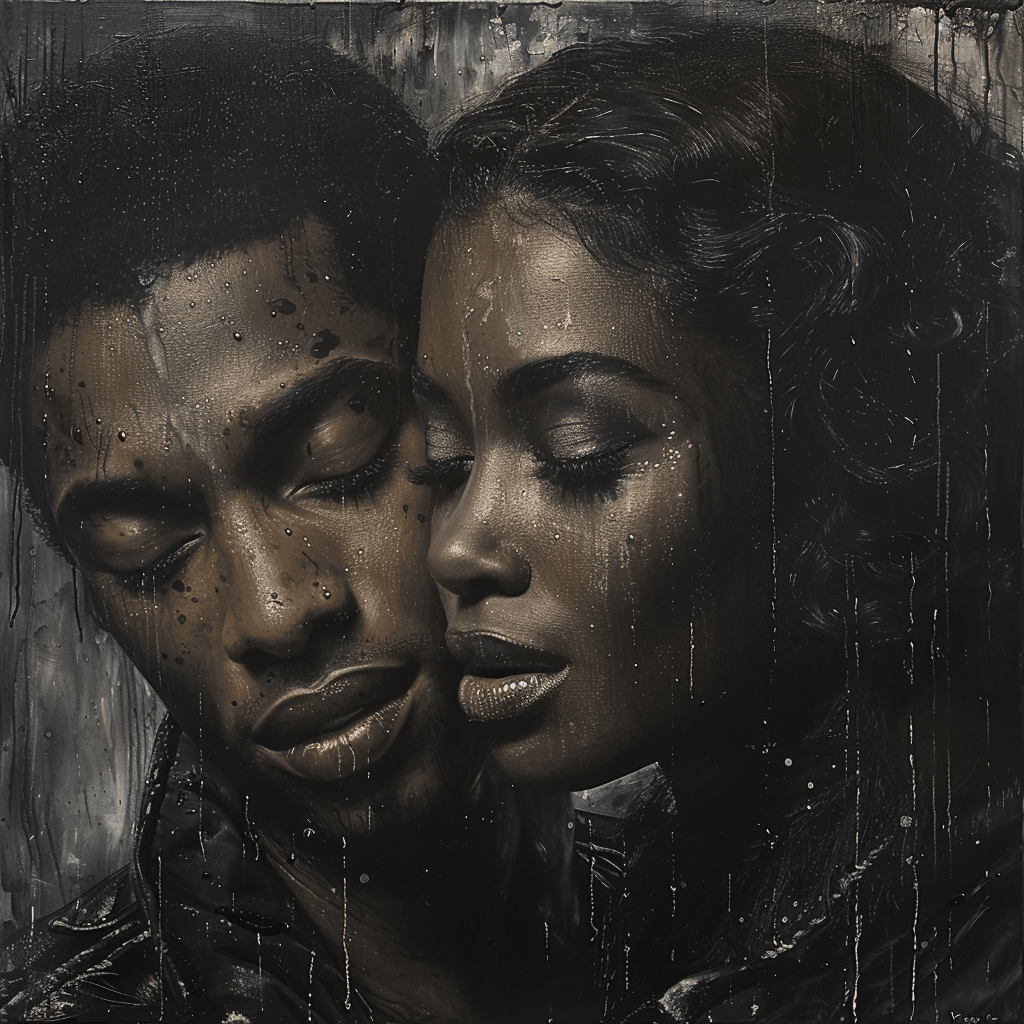
What is the most popular black movies of all time?
– Oh, hands down, when you’re talking blockbusters, “Black Panther” takes the crown, breaking box office records quicker than you can say “Wakanda Forever!” This Marvel mega-hit not only ruled the roost but also became a cultural phenomenon, with its predominantly black cast and strong African themes. It’s not just a movie; it’s a movement!
What are the best black movies on Netflix?
– For those chill nights in, Netflix has got your back with some seriously good black movies. “Ma Rainey’s Black Bottom” and “Da 5 Bloods” are just the tip of the iceberg. They’re like the top-shelf picks, offering a mix of drama, history, and raw talent that’ll glue your eyes to the screen.
What are considered black movies?
– So, what’s considered a black movie? Well, it’s kinda like a stew – it’s got a mix of ingredients. It could star a black cast, be directed by a black filmmaker, tell a story close to the black community’s heart, or simply aim to resonate with black audiences. It’s all about representation and that special touch of black culture, you feel me?
What was the first black movie ever made?
– Rewind the reels to 1919, and you’ll find “The Homesteader” by Oscar Micheaux, the OG of firsts in black cinema. It’s not just any flick; it’s the first full-length feature with an all-black cast! Micheaux wasn’t just playing director; he was staking a claim in movie history, making waves as a true pioneer.
Who is considered the best black actor?
– Talking best black actors is like picking your favorite flavor of ice cream – tough, right? But if you’re asking who’s turned more heads than a catwalk model, it’s gotta be the legend himself, Denzel Washington. That man’s talent can turn any script into pure gold.
Who is the most famous black actor in the world?
– Throw a stone in Hollywood, and you’ll hit a star, but the most famous black actor? Will Smith, y’all! Fresh as ever, from “Fresh Prince” to major movie star, this guy’s had the Midas touch since parents just didn’t understand.
Where can I watch Black movies?
– On the prowl for black movies? You’ve got options galore! Streaming services like Netflix, Hulu, and Amazon Prime Video are like a gold mine. But don’t sleep on dedicated platforms like BET+, which is like the VIP section for black cinema.
What are the top three movies on Netflix?
– Hot off the press, the top three Netflix picks change faster than fashion trends. But recent headliners often include a mix of heart-gripping dramas, laugh-out-loud comedies, and edge-of-your-seat thrillers. It’s an ever-changing marquee sign, but Netflix’s ‘Top 10’ feature will keep you in the loop!
Which Men in Black is the best movie?
– Now, when it comes to “Men in Black”, it’s tough to pick the best with all those aliens running around. But the OG, the first “Men in Black” – that’s where it’s at! It’s got the secret sauce: classic Will Smith wit meets Tommy Lee Jones’ deadpan humor. A recipe for success!
What black movie made the most money?
– Cha-ching! Let’s talk moolah. “Black Panther” is the black movie that made the most dough, shattering records like a superhero. Box office numbers went through the roof with this one, making it more than just a movie; it’s a box office king!
What are black trauma films?
– Heavy stuff, black trauma films focus on the struggles and the painful history of black people. It’s not your Friday night popcorn flick; these movies are powerful, they hit hard, showing the struggles and perseverance through stories that need to be told, even when they’re tough to watch.
Are there any Disney movies for black people?
– Disney for black folks? You bet! They’ve been mixing up the pot recently with movies like “The Princess and the Frog” and “Soul”. They’re cooking up stories where black characters are front and center, finally giving kids of all colors heroes that look like them.
Who was the first Black Disney movie?
– Talk about milestones; “The Princess and the Frog” introduced Tiana, Disney’s first black princess, and man, did she make a splash. She’s not just a princess; she’s a trailblazing queen in the Disney ranks, showing little girls everywhere that dreams come true in every color.
Who was the first Black actor?
– Going way back, we tip our hats to the legendary Bert Williams, the first black Broadway star who broke into movies too. With his 1914 silent film “Lime Kiln Club Field Day”, Williams wasn’t just the lead; he wrote himself into the history books.
What was the first black woman movie?
– In the world of cinema, 1920’s “Within Our Gates” by Oscar Micheaux, starring the remarkable Evelyn Preer, takes the title. It wasn’t just a flick; it was a statement – a powerful film that tackled deep issues and marked a momentous step for black women in film.
What is the most played movie ever?
– If we’re talking heavy rotation, “Titanic” has been hitting the airwaves non-stop since it premiered. From VHS to cable TV reruns, it’s been ‘on repeat’ more than your favorite song. It’s not just a love story, it’s the movie that never lets go, Jack!
What was the first movie with a black lead role?
– History is made by those who dare, and “The Homesteader” did just that in 1919. It turned heads by featuring the first black lead role in a feature film, breaking barriers and paving the way for a future of black-led stories.
Who was the first black best actor?
– Alright, roll out the red carpet! It was Sidney Poitier who snatched the first Oscar for Best Actor in 1964 for his stunning performance in “Lilies of the Field”. This man didn’t just act; he walked straight into the history books and said, “This is how it’s done.”
What is the most popular movie in existence?
– And the winner for the most popular movie is… tough to crown! But, if we’re talking numbers, “Avatar” has had folks blue with envy at the box office. It’s not just a hit; it’s been king of the world – until the next blockbuster rides the wave to the top!

